Arduino Uno R3 (Atmega328 - assembled)
Prototyping and e-learning platform for creating interactive objects or environments. Ideal to start.
Payments are secured by LyraCollect, a French payment collection company.
It is possible to delivered to your home, to a pick-up point or picked up by appointment at MCHobby
We prepare, pack and ship your orders with great respect and care.
The latest revision of Arduino UNO, the R3
The new Arduino in its latest version after the Duemilanove with an improved USB hardware interface. Like the Duemilanove, it has a header extension for shield with a reference to 3.3V, a RESET pin (which solves the famous problem of "how to reset with a shield"), a 500mA fuse to protect the USB port of your computer but also a circuit to automatically select the power supply between the USB port and the independent power supply (without jumper!).
The Uno version is compatible with pinout and programming with Duemilanove (Diecimilla and older Arduino). So all your shields, libraries and codes will still work.
The new R3 (3rd revision) of the Arduino UNO includes some minor updates, with an upgrade of USB interfacing hardware and a pinout extension for I2C pins and an IORef pin. Visit the Adafruit FAQ (our provider) for more information on Arduino UNO, revision 3 and what the update entails.
Technical details
- Dimensions (maximum): 75.14 x 53.51 x 15.08mm
- Weight: 27.95g
- Data sheet: arduino.cc/en/Main/ArduinoBoardUno
- Micro-controller: ATmega328
- Operating voltage: 5V
- Input voltage (recommended): 7-12V
- Input voltage (limits): 6-20V
- Digital I/O pins: 14 (of which 6 are in PWM output)
- Analog input pins: 6
- Current per I/O pin: 40 mA
- Current per pin under 3.3V: 50 mA
- Flash Memory: 32 KB (ATmega328) of which 0.5 KB used by boot loader
- SRAM: 2 KB (ATmega328)
- EEPROM: 1 KB (ATmega328)
- Clock speed: 16 MHz
Tutorials
- See our Arduino getting started Guide in French
- Our wiki dedicated to Arduino, sensors, kit, etc in French
- Internet that is full of resources for Arduino.
Learn more about Arduino
Arduino is an open-source electronic prototyping platform based on flexible hardware and software, easy-to-use. It is intended for artists, designers, hobbyists and anyone interested in creating of interactive objects or environments. Arduino can feel its environment by receiving data (inputs) from a wide variety of sensors and can affect its immediate vicinity by controlling light, motors and other actuators. The micro-controller of the card is programmed using the Arduino programming language (based on Wiring) and Arduino development environment (based on Processing). Arduino projects can be standalone or can communicate with software running on computers (for example: Flash, Processing, Max/MSP).

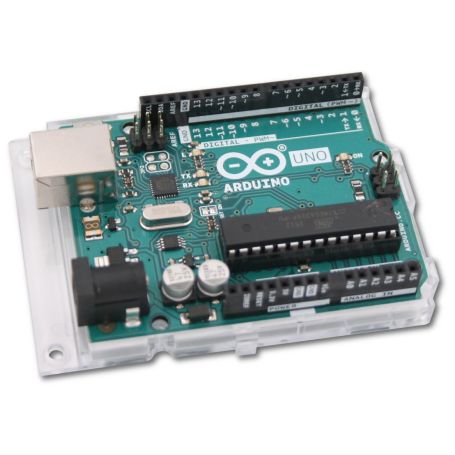









![[T] - Bloc d'alimentation 12V DC 1A Bloc d'alimentation 12v 1A](https://shop.mchobby.be/8864-home_default/bloc-d-alimentation-12v-1a.jpg)
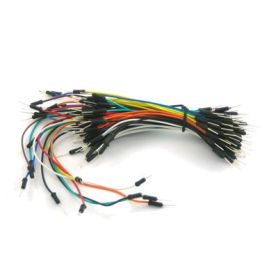
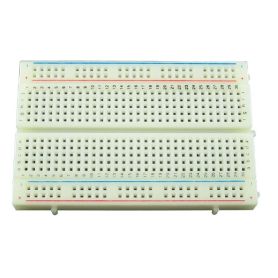
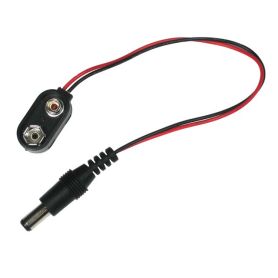
![[T] - USB cable type A/B (Arduino UNO) Cable USB type A/B (Arduino UNO)](https://shop.mchobby.be/142-home_default/cable-usb-type-a-b-arduino-uno.jpg)
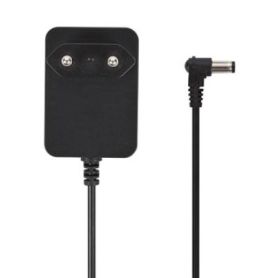
![[T] - Bloc d'alimentation 6 piles AA (1.5v-Total 9v) pour Arduino Bloc d'alimentation 6 piles AA (9v) pour Arduino](https://shop.mchobby.be/907-home_default/bloc-d-alimentation-6-piles-aa-9v-pour-arduino.jpg)
![[T] - Support Plexi pour Arduino et breadboard Support Plexi pour Arduino et breadboard](https://shop.mchobby.be/862-home_default/support-plexi-pour-arduino-et-breadboard.jpg)